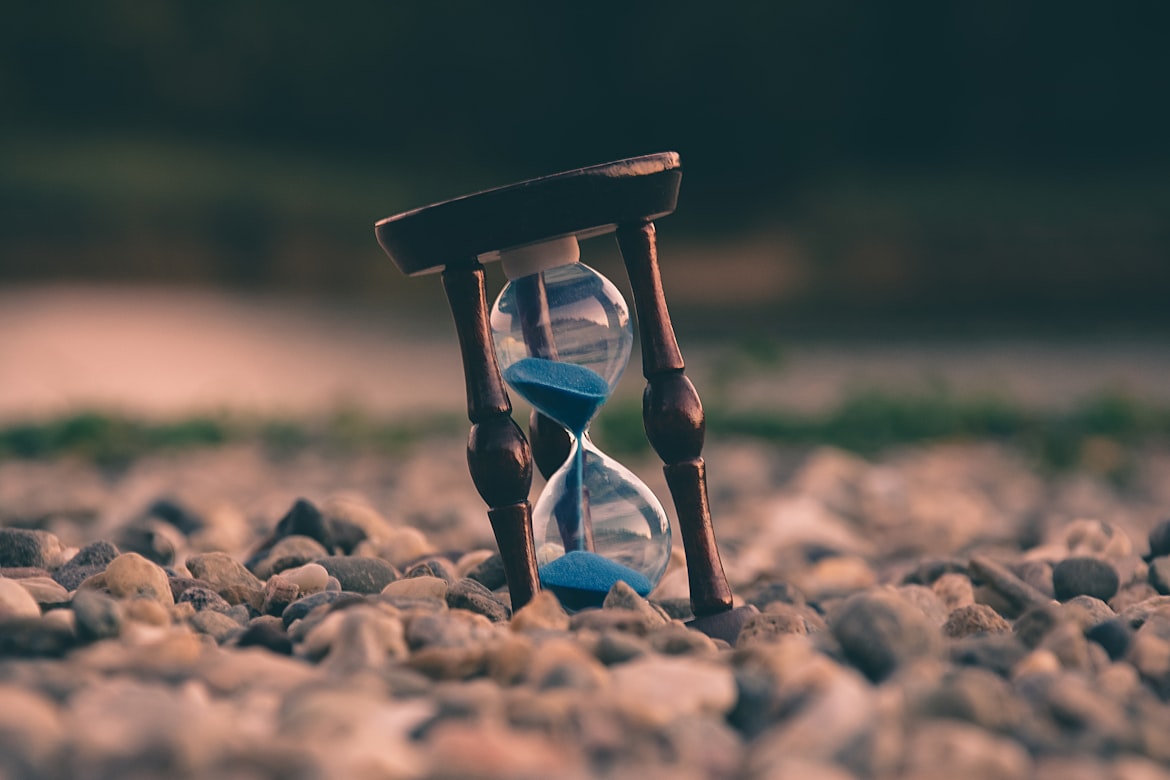
Images from Unsplash
In this article, we will learn how to image scraping on this National Geographic article: Asteroids vs. comets: How do they differ, and do they pose a threat to Earth? We will learn how to download in bulk the high-quality images in the webpage with Python code.
The process:
- Find the webpage data structure for the URL specified.
- Search for the images link and save in a list.
- Download all the images.
Find the webpage data structure for the URL specified
We will be using Visual Studio Code with Python and Jupyter notebook configured. However, a Python code file will also do the job. Here are the three packages to be installed using Window PowerShell:
# Lauch Power Shell by pressing Start and then type Power Shell in the search bar
# installation procedure
py -m pip install requests
py -m pip install bs4
py -m pip install urllib
First, we start by importing the modules needed. Then, we need to make HTTP request to view the webpage data structure we want. This can be done as follows:
import requests
from bs4 import BeautifulSoup
import urllib.request
def getdata(url):
r = requests.get(url)
return r.text
htmldata = getdata("https://www.nationalgeographic.co.uk/space/2023/01/asteroids-vs-comets-how-do-they-differ-and-do-they-pose-a-threat-to-earth")
soup = BeautifulSoup(htmldata, 'html.parser')
You can check the output by typing the variable name:

Output representing webpage structure.
Search for the images link and save in a list
Now, we want to search for all the images links that embedded images in the webpage. We will use a test list to store each of the link as list of elements for download later. The print function is used to print out all the links that are being searched.
test = list()
for item in soup.find_all('img'):
print(item['src'])
test.append(item.get('src'))

All the searched links in list
Download all the images
Now simply using a for loop, we can save all the images inside our current folder. The number of iterations, n will be the number of images in the list. In our code, we will also rename the images with number 0,1,2,…,n to avoid duplicate file name.
for i in range(len(test)):
urllib.request.urlretrieve(test[i], str(i)+".jpg")

All the images being downloaded
Extra:
Some website will have several images urls mixed up including .svg, .png., .gif and .jpg. We can use if statement to counter this issue:
temp = list()
for i in range(len(test)):
if test[i].__contains__('.png' or '.jpg' or '.jpeg'):
temp.append(test[i])
for i in range(len(temp)):
urllib.request.urlretrieve(temp[i], str(i)+".jpg")
That said, job well done. Do note that this approach has restriction on the type of web page for scraping. It works best for articles pages with images embedded. If you encounter connection time out error with your request, do have a check on the site accessibility (Internet Service Provider). Otherwise, it should work perfectly!